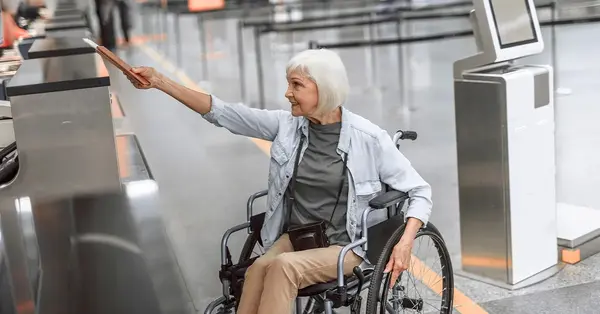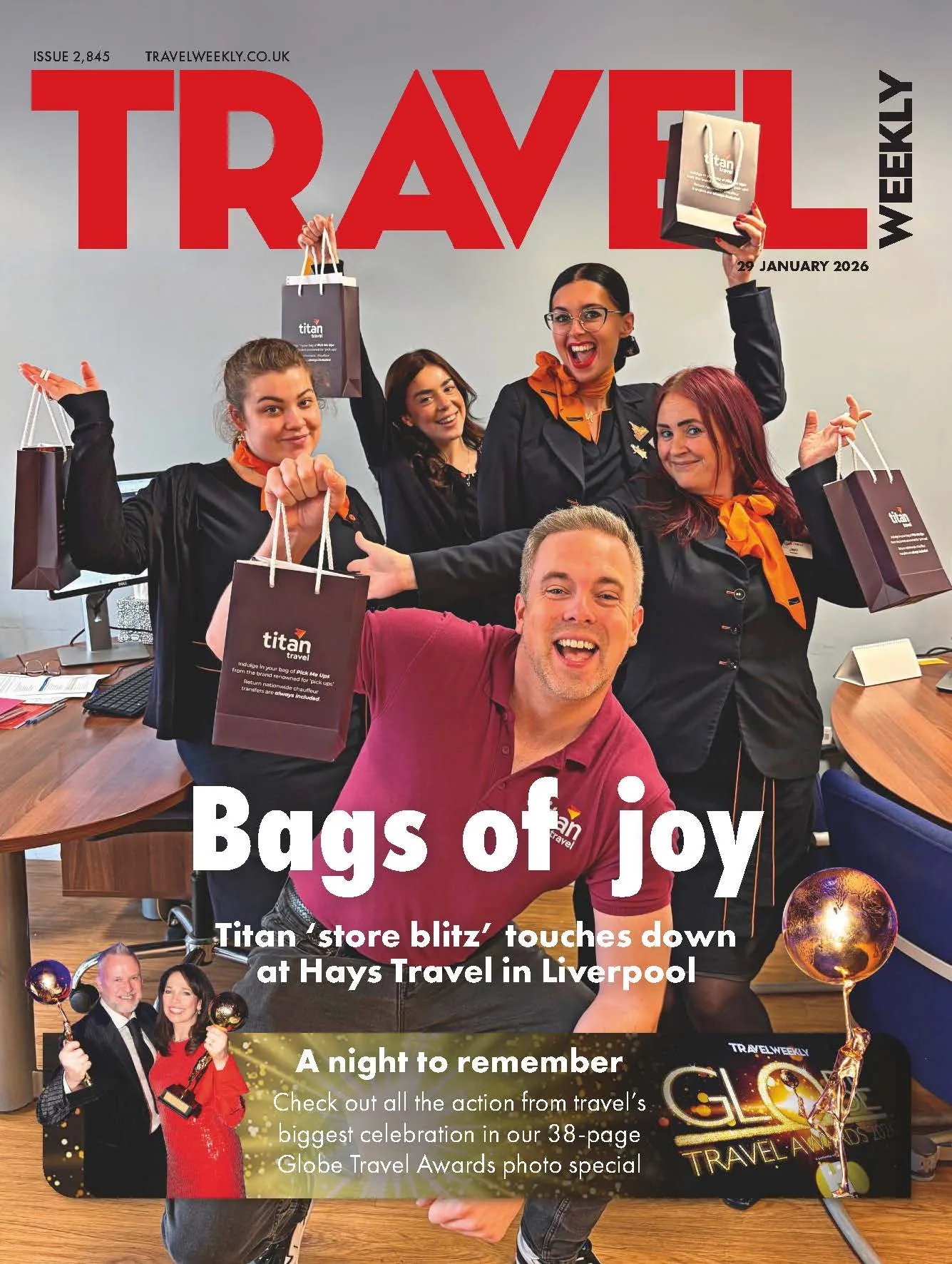You are viewing 1 of your 2 free articles
Comment: Are you ready for the ChatGPT revolution?
As a lover of the opportunity that disruption creates I have always tried to keep on top of innovations to try to map out their potential impacts.
Whilst heading up the UK operation of the MyTravel Group (better known as Airtours/Going Places), it became clear to me that the combination of losing control of holiday distribution as customers migrated from the high street to online channels and the growth of low-cost carriers created an environment for dynamic packaging to pose an exponential threat to the major tour operators.
This revelation led me to dedicate the next 10 years of my life to working in the dynamic packing sector, so I am clearly willing to back my views.
Having spent many hours studying and reading about the latest artificial intelligence (AI) tools such as ChatGPT, I think their impact is going to be massive and understand the view of experts who claim we are on the brink of the next industrial revolution.
For many years computers have been used as tools to make our day-to-day work lives easier, from spreadsheets to create our business plans, Grammarly to correct spelling (not that effectively in my case) or Google to supercharge research.
But step back a second and look at the macro changes technology has imposed on the travel industry.
Today 85% of all UK travel is booked online, with an ongoing migration from desktops to mobile devices. Only Tui out of our top travel companies owns a single high street travel agent, with face-to-face travel booking migrating to a homeworking environment.
Virtually none of this existed 20 years ago when I left MyTravel.
I previously thought I had lived through the biggest evolution in travel I would see in my lifetime, but ChatGPT makes me wonder if I could be wrong.
You may have read about concerns that students being able to use ChatGPT to write school or university essays poses a threat to how our education system assesses students.
However, how many have read about AI ‘co-pilots’ being used by programmers to increase code production by 70%?
Very soon computers will be able to write their own code to increase their own ‘intelligence’, leading to the growth of AGI (Artificial General Intelligence) whereby computers will be able to carry out all process-based work, potentially replacing lawyers, accountants and most administration roles.
Even if AGI does not fully automate these roles, a 70% efficiency gain will still leave many of the UK's higher-paid workers displaced and looking for new roles.
The only roles protected from this AI revolution are ones requiring physical skills, such as electricians, plumbers, builders or hairdressers, so our children’s view of safe careers may have to be reshaped.
The likely impact on travel is less obvious, since 85% of travel is already booked online via computer-driven interactions. However, AI is bound to cause change. Here are just a few potential implications:
- If fewer people are required to work, society will need to share more jobs, increasing holiday time and making a four-day week inevitable. This is a massive potential plus for leisure travel.
- Social media content will be data-mined by AI to personalise all communication with clients based on their unconsciously expressed needs and likes.
- Data protection (GDPR) rules are wholly inadequate for ChatGPT capabilities and I believe customers will quickly become wary of third-party companies knowing so much about them, with phones becoming ring-fenced holders of their preferences/data, creating ‘travel co-pilots’ that will filter millions of publicly available travel offers to present the ones which best meet their needs.
Unfortunately, this sounds dangerously close to describing a travel agent’s role, so how data is shared has major implications for our industry.
- Holidaymakers will expect personalised itineraries including recommendations and reservations for restaurants, along with local transportation options down to bus routes and times. It’s going to be a quantum shift in terms of in-resort support as AI ‘pocket reps’ can easily react to customer needs by researching holiday locations and feeding back personalised options based on the customer profile.
- Virtually every element of holiday administration and support will be automated by AI, although customers may still prefer to interact with humans using AI tools to improve their productivity.
- Google will shortly be flooded by AI-generated content that will require a complete reset of Google's SEO (search engine optimisation) rules.Don’t believe the myth that Google can spot AI-generated content. In the same way, Ryanair has never been able to stop agents from booking its flights.
The list of potential changes is endless. Don’t be surprised if I have a few more ideas up my sleeve and start investing heavily in the sector.


















